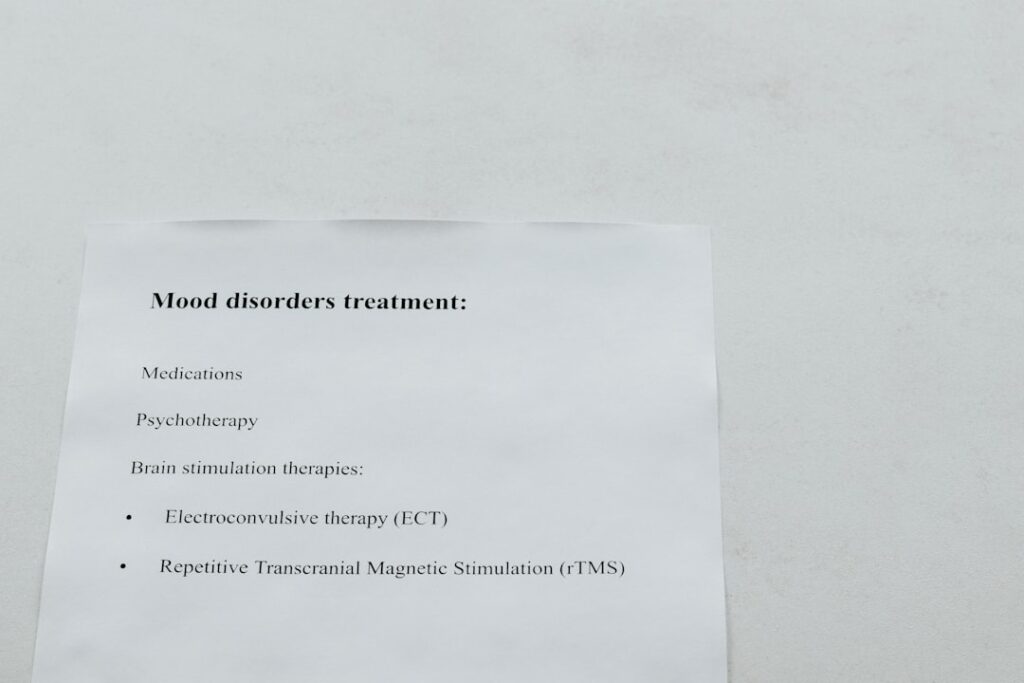AI Diagnostics in Medicine: Transforming Healthcare
Artificial Intelligence (AI) is revolutionizing various sectors, with healthcare being one of the most significant areas of impact. AI diagnostics in medicine is an emerging field that utilizes machine learning algorithms and data analysis to improve patient outcomes, streamline processes, and enhance overall efficiency in healthcare systems. This article explores the various AI tools in healthcare, their applications, benefits, and the future landscape shaped by these innovations.
The Role of AI in Diagnostics
AI diagnostics in medicine plays a critical role in enhancing the accuracy and speed of diagnosing diseases. By analyzing large datasets, AI systems can identify patterns and anomalies that human practitioners may overlook. Several AI tools are currently employed in diagnostics, some of which include:
- Machine Learning Algorithms: These algorithms analyze historical medical data to predict patient outcomes and assist in clinical decision-making.
- Natural Language Processing (NLP): NLP tools help in interpreting unstructured data from clinical notes and patient records, improving communication between healthcare providers.
- Image Recognition Software: AI-powered imaging tools assist in radiology by identifying tumors, fractures, and other abnormalities in medical images.
Applications of AI Tools in Healthcare
AI tools are being increasingly adopted across various aspects of healthcare, paving the way for innovative applications. Here are some notable implementations of AI diagnostics in medicine:
Radiology and Imaging
One of the most promising areas for AI diagnostics in medicine is radiology. AI algorithms can analyze images such as X-rays, CT scans, and MRIs, providing quicker and more accurate assessments. For instance, studies have shown that AI can match or even exceed the diagnostic performance of radiologists in detecting lung cancer or other diseases. This not only helps in faster diagnosis but also allows radiologists more time to focus on complex cases.
Predictive Analytics in EHR Systems
Predictive analytics tools are being integrated into Electronic Health Record (EHR) systems to identify at-risk patients. By analyzing patient histories and demographic data, these AI tools can alert healthcare professionals to potential health risks—allowing for early intervention and better management of chronic diseases. These predictive tools can significantly improve patient care and reduce healthcare costs.
Benefits of AI Diagnostics in Medicine
The integration of AI diagnostics in medicine offers numerous benefits, which include:
- Increased Accuracy: AI enhances diagnostic accuracy by minimizing human error and improving decision-making.
- Efficiency: AI tools speed up the diagnostic process, allowing healthcare providers to see more patients in less time.
- Cost-Effectiveness: By streamlining workflows and reducing misdiagnosis, AI tools can lead to significant cost savings for healthcare institutions.
- Personalized Medicine: AI enables more tailored treatment plans based on individual patient data, leading to improved outcomes.
Challenges and Considerations
While the potential of AI diagnostics in medicine is immense, several challenges need to be addressed:
- Data Privacy: Protecting patient data and ensuring compliance with regulations like HIPAA is crucial in AI implementations.
- Bias in Algorithms: AI systems can perpetuate existing biases present in historical data, leading to uneven healthcare outcomes.
- Integration with Existing Systems: Merging AI tools with current healthcare infrastructures can be complex and costly.
The Future of AI Diagnostics in Medicine
The future of AI diagnostics in medicine looks promising as technology continues to evolve. We can expect advancements in:
- Enhanced Machine Learning Capabilities: Continued development of machine learning algorithms will improve diagnostic accuracy and efficiency.
- Broader Applications: More specialties will adopt AI-driven tools to enhance diagnostics, from pathology to telehealth.
- Collaboration with Healthcare Professionals: AI will increasingly complement healthcare providers, creating a synergistic relationship that benefits patient care.
Conclusion
AI diagnostics in medicine is revolutionizing how healthcare is delivered, making it more accurate, efficient, and personalized. As the technology continues to develop, the potential for improved patient outcomes and reduced costs will grow, shaping the future of healthcare. Healthcare professionals must embrace these advancements while remaining vigilant about ethical considerations and data privacy to harness the full potential of AI tools in healthcare.
Benefits of AI Diagnostics in Medicine
AI diagnostics in medicine are revolutionizing how healthcare professionals approach patient care. These tools excel at analyzing vast amounts of medical data, offering insights that are often beyond human comprehension. By integrating AI diagnostics, healthcare providers can achieve earlier detection of diseases, personalized treatment plans, and enhanced patient outcomes.
Improved Patient Outcomes
The implementation of AI diagnostics in medicine has been shown to improve patient outcomes significantly. For example, AI algorithms can quickly analyze imaging data for conditions like cancer and heart disease, leading to faster and more accurate diagnoses. This early intervention can result in more effective treatment options and ultimately save lives.
Challenges in Implementing AI Diagnostics
While the advantages of AI diagnostics in medicine are evident, there are challenges that need to be addressed. Issues like data privacy, algorithm bias, and the need for extensive validation studies present hurdles that must be navigated carefully. Ensuring that AI tools are equitable and transparent will be crucial for widespread adoption in the healthcare sector.


